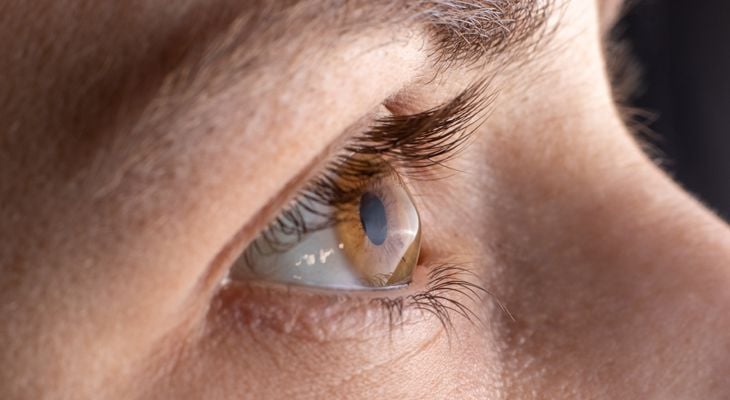
If you find yourself experiencing blurred or distorted vision that seems to get worse year after year, you may suffer from an irregularity of the cornea known as keratoconus. This condition is infamous for causing astigmatism and nearsightedness that can progress rapidly, calling for constant updates to your corrective lens prescription. Fortunately, several treatment options are available to help you cope with keratoconus.
Causes and Symptoms
While medical science has no clear explanation for the cause of keratoconus, the condition occurs more frequently in people who rub their eyes a lot, have worn contacts habitually for many years, or have certain genetic disorders such as Down syndrome. Pregnant women are also known to develop keratoconus, which might indicate that endocrine system imbalances are involved. The condition occurs when corneal tissue grows unusually weak or thin. This allows it to lose its perfectly spherical shape and take on more a cone-like outward bulge. A cornea deformed in this manner cannot refract incoming light in a way that creates an accurate image for the retina.
Keratoconus usually appears between late childhood and the mid-20s, at which point it may progress for many years. The progression is characteristically dramatic, with sufferers having to get new lens prescriptions practically every time they see their eye care provider. Blurred vision is the obvious primary symptom, but in some cases eyesight can also become hazy or cloudy if a rupture at the rear of the cornea occurs. Patients also find that their eyes grow increasingly sensitive to bright light.
Diagnosis and Treatment
The vision problems caused by mild to moderate keratoconus can usually be corrected through such conventional methods as eyeglasses and soft contacts. More stubborn cases may require gas-permeable rigid contacts, scleral lenses, or custom-made silicon hydrogel soft contacts. Some sufferers even "piggyback" a gas permeable lens on top of a hydrogel lens to achieve an optimal balance between vision accuracy and comfort.
Traditional laser surgeries such as LASIK are not usually recommended for keratoconus patients, but other types of structural correction may provide the desired vision correction. Intacs, tiny corneal inserts implanted just below the corneal surface to flatten out the cone-like curve, can be inserted in a minimally invasive surgery. Even the most extreme cases can be treated with a corneal transplant. However mild or severe your keratoconus, your eye care professional can help you understand your treatment options and devise an effective treatment plan.
